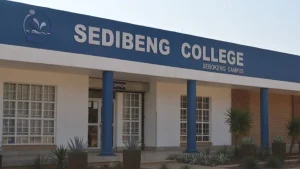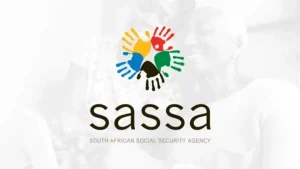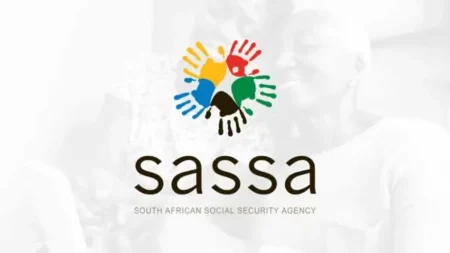South Africa’s economic challenges have continued to place immense pressure on low-income households, many of whom rely on SASSA (South African Social Security Agency) grants to make ends meet. As food and petrol prices soar due to inflation and global market fluctuations, the question arises: can SASSA grants truly keep up with the rising cost of living?
Rising Food Prices: A Growing Concern
The cost of food in South Africa has seen a significant increase in recent years, largely driven by:
- Inflation: The general rise in prices across all goods and services affects basic food items disproportionately.
- Global Market Trends: Supply chain disruptions, the war in Ukraine, and climate change have contributed to rising global food prices, which directly impact South African imports.
- Local Factors: Load shedding has increased production costs for farmers, pushing prices even higher.
Impact on Low-Income Families
For grant beneficiaries, this situation is dire. Basic staples such as maize meal, bread, milk, and vegetables now cost significantly more than they did a year ago. Many families find themselves cutting back on meals or purchasing less nutritious options to stretch their budgets.
Related: Will There Be a SASSA Grant Increase in 2025?
Skyrocketing Petrol Prices
Another major factor affecting SASSA grant recipients is the relentless rise in petrol prices. The cost of petrol impacts nearly every aspect of daily life, including:
- Transportation Costs: Public transport fares rise in tandem with petrol prices, making it harder for people to commute to work, school, or healthcare facilities.
- Higher Goods Prices: Fuel price increases also drive up the cost of transporting goods, which further inflates food and household item prices.
Ripple Effects on Communities
For many SASSA grant beneficiaries, the rising cost of transport means they must prioritize urgent expenses like food over mobility, limiting their ability to seek employment or access essential services.
Related: Major Petrol and Diesel Price Hikes Expected in February 2025
Current SASSA Grant Amounts
SASSA provides various grants, including:
- Child Support Grant: R500 per child per month.
- Old Age Pension: R2,080 per month (R2,100 for those over 75).
- Disability Grant: R2,080 per month.
- Foster Care Grant: R1,120 per child per month.
While these amounts provide some relief, they are often insufficient to cover the rising costs of food, transport, and other basic needs. According to the Pietermaritzburg Economic Justice and Dignity Group, the average cost of a household’s food basket is over R4,500, far exceeding what most families can afford with grants alone.
Are SASSA Grants Keeping Up?
Despite periodic increases in SASSA grants, they have not kept pace with inflation. For example, while the Old Age Pension saw a slight increase of R90 in 2023, this adjustment was negligible compared to the annual rise in living costs.
What Can Be Done?
To address this crisis, several solutions can be explored:
- Inflation-Linked Increases: Adjust SASSA grants in line with inflation rates to ensure beneficiaries can maintain their purchasing power.
- Food Subsidies: The government could consider providing additional support through food vouchers or subsidies on essential items.
- Community Support: NGOs and community organizations can play a vital role in providing food relief and other assistance to vulnerable families.
- Job Creation: Expanding job opportunities, particularly in rural areas, can reduce dependency on grants and improve household incomes.
A Ray of Hope?
The government has acknowledged the challenges faced by low-income households and has introduced the R370 Social Relief of Distress (SRD) grant as a temporary measure. However, while helpful, this is not a long-term solution to the broader issue of economic inequality and rising living costs.
SASSA grants remain a lifeline for millions of South Africans, but they are increasingly falling short in meeting the basic needs of beneficiaries. Without significant intervention from the government and other stakeholders, the most vulnerable members of society will continue to struggle under the weight of inflation and rising prices.










